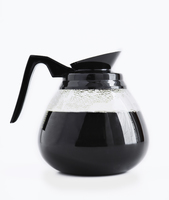Fonética /s/, /z/, /iz/
Como pronunciar corretamente os plurais em inglês? Se você praticar as dicas abaixo, seu inglês vai ficar mais natural, mais próximo do original e, consequentemente, os nativos vão entender o que você diz.
DICAS
1. Por via de regra, todo plural em inglês é pronunciado com o som de Z.
Exemplos:
call = calls (z)
open = opens (z)
2. Palavras terminadas em K (ou ke), T e P fazem o plural com o som de S.
Exemplos:
start = starts (s)
pop = pops (s)
cork = corks (s)
2. Palavras terminadas em s, sh, ce, ch, x, ge e y fazem o plural com o som de IZ (lembrando que o “i”, neste caso, soa mais como um “ê”.
Exemplos:
push = pushes (iz) (lembre-se de que é quase “êz”)
watch = watches (iz)
kiss = kisses (iz)
wage = wages (iz)

